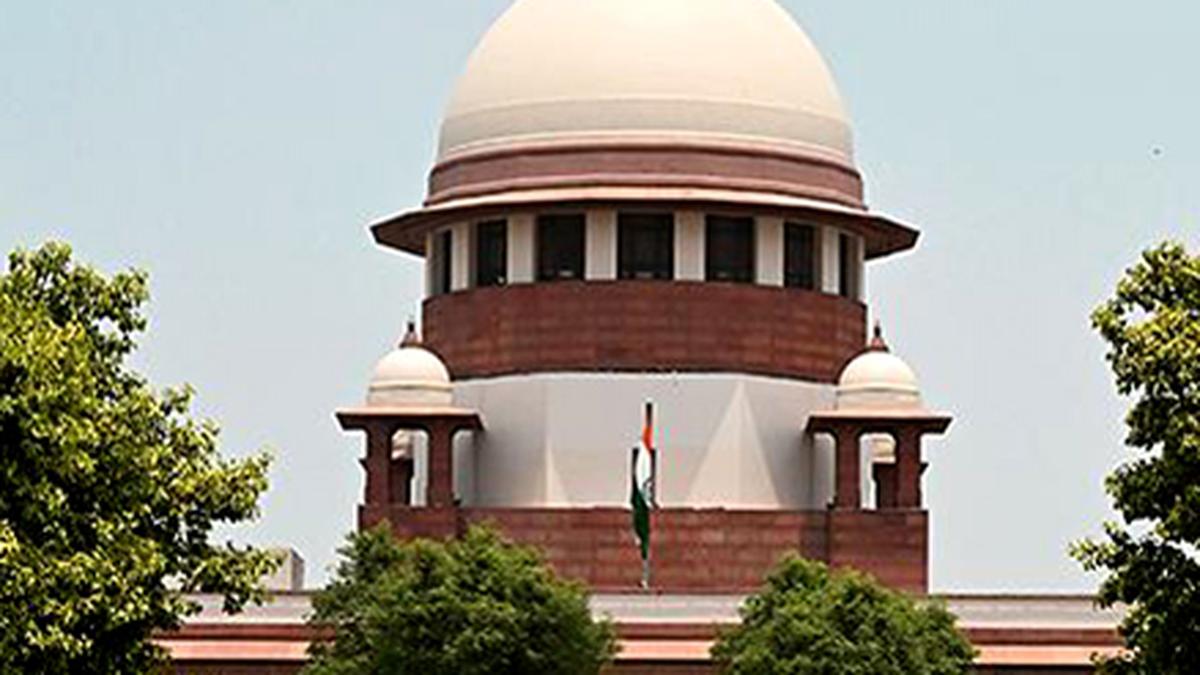Now Reading: Supreme Court Verdict on Waqf Act Stay Scheduled for September 15
-
01
Supreme Court Verdict on Waqf Act Stay Scheduled for September 15
Supreme Court Verdict on Waqf Act Stay Scheduled for September 15

Quick Summary
- The Supreme Court is set to pronounce its judgment on september 15, 2025, regarding the Waqf (Amendment) Act, 2025.
- Over 100 petitioners have challenged the Act, calling it a “creeping acquisition” of Muslim properties. The government defended it as necessary to curb “rampant encroachment.”
- Congress MP Mohammed Jawed argued that the amendments impose arbitrary restrictions and erode property rights under Article 300A of the Constitution.
- Petitioners claim provisions like Sections 3C and 3D undermine waqf protections and empower non-Muslims in waqf governing bodies while invalidating longstanding unregistered waqfs.
- solicitor General Tushar Mehta defended the Act’s constitutionality, arguing financial management of religious endowments falls under permissible state regulation per Articles 25 and 26.
Indian Opinion Analysis
The upcoming Supreme Court decision on the Waqf (Amendment) act has significant implications for both minority rights and property governance in India. On one hand, petitioners contend that key provisions threaten historical waqfs and religious autonomy protected by constitutional guarantees; on the other hand, government arguments focus on regulatory oversight for openness in property administration amidst alleged encroachments. The case underscores tensions between secular lawmaking and minority community concerns over changes to conventional practices or rights-and will likely set precedents about how far legislative actions can extend over religious property governance.
Read more at: The Hindu























